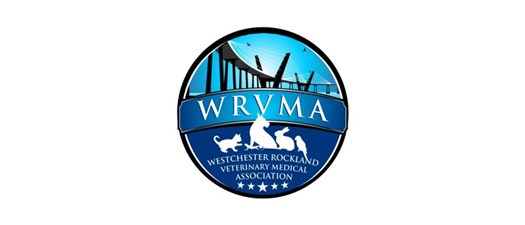WRVMA In-Person CE Event: Monoclonal Antibodies and Their Therapeutic Inhibition in Dogs and Cats
Sleepy Hollow Hotel
455 South BroadwayTarrytown, NY 10591-6002
United States
Event Details
Presented by: Dawn Boothe, DVM, MS, PhD
As a therapeutic intervention, monoclonals shift the paradigm of everything we know about drug therapy to just about everything we don’t know. As immunoglobulins, differences from small drug chemicals begin with the manufacturing and naming, and approval, continue with the storage conditions, continue with their mechanism of action and finish up with their pharmacokinetics. On the one hand, their pharmacology avoids many of the drug interactions and adverse events that are typical of small drug molecules. On the other hand, they bring their own: immunogenicity, immune compromise and adverse events that we really do not understand. The first hour of this session will focus on these unique aspects of their pharmacology and the second on the safety and efficacy of those monoclonal antibodies that are approved for use in dogs and cats, with a particular focus on the drugs targeting nerve growth factor.
Learning Objectives:
1. Delineate the major differences between monoclonal antibodies and small drug molecules when it comes to their absorption, distribution, and elimination.
2. Highlight the major types of adverse events associated with monoclonal antibodies in general, and the specific drugs.
3. Identify the targets of monoclonal antibodies approved for use in dogs and cats, and the primary adverse events expected based on their target protein.
4. Delineate the role of nerve growth factor in the healthy animal and why it is a target for controlling pain in animals.
5. Based on the normal role of nerve growth factor in animals, predict potential adverse events that might result from its inhibition with monoclonal antibodies in dogs or cats.
Agenda
| September 9 | |
| 6:00 PM - 7:00 PM | Buffet Dinner |
| 7:00 PM - 9:00 PM | Lecture |
For More Information:
Sponsored By:



